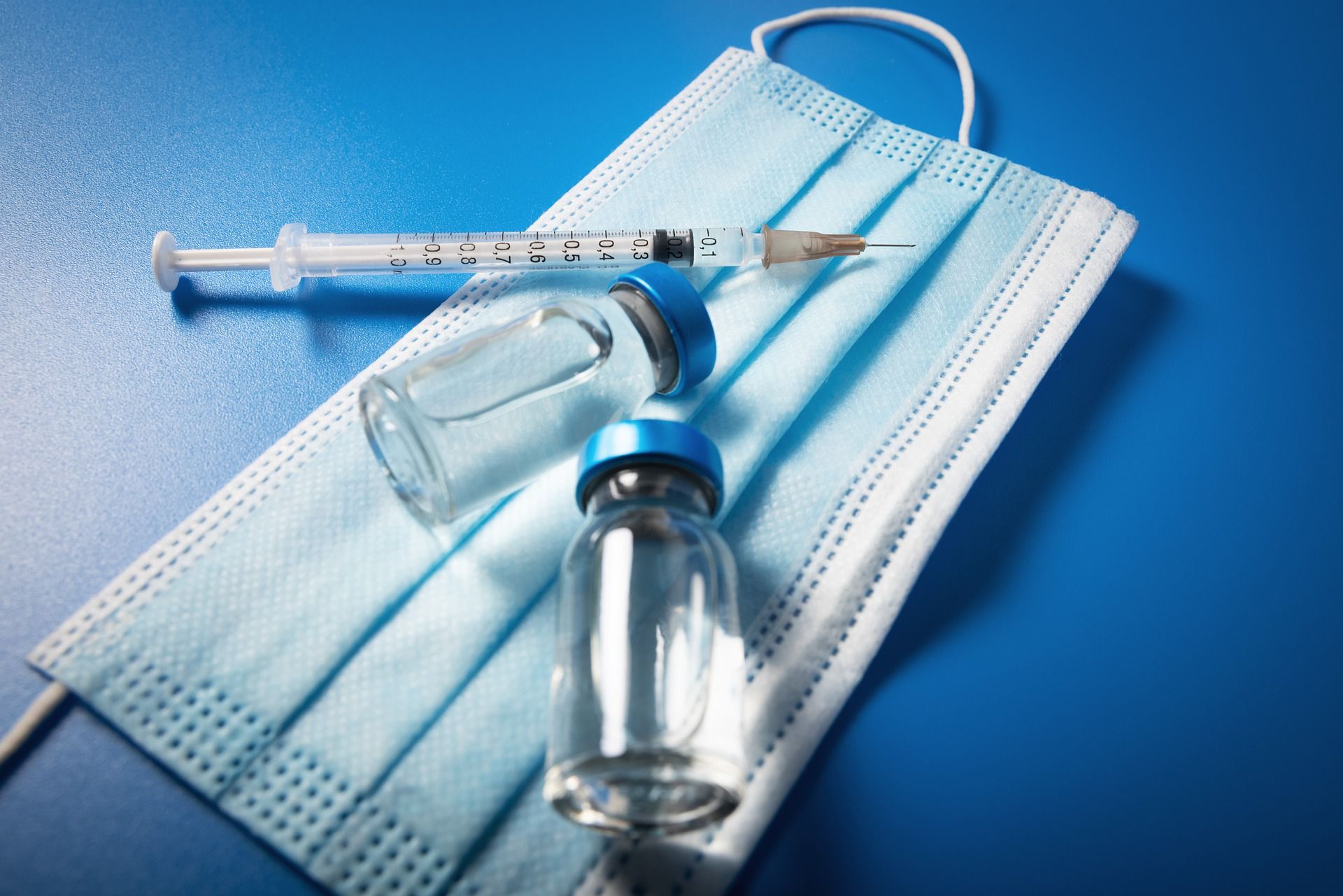The Joe Biden administration in the US has okayed a fourth COVID booster dose for people aged 50 or above, and if they’re immunocompromised. The Moderna or Pfizer-BioNTech booster is to be taken at least four months after the last dose.
The Centers for Disease Control and Prevention (CDC) hasn’t made it clear how urgently the vaccines should be taken while noting the groups who are eligible for the same.
Also Read | COVID deaths jump by 40%, but cases falling globally: WHO
There are some key factors to take into account if one wants a fourth booster.
Age brings risk of serious illness
With age, the risk of contracting COVID increases. Dr Peter Chin-Hong, an infectious disease specialist at the University of California, San Francisco (UCSF) spoke to NPR about the benefits of a booster “The older you are, the bigger the benefit”, adding, “there’s a clear association with age and mortality with COVID. It’s really, really striking and it starts at age 50”.
However, he has also noted that three shots seem to be the magic number thus far.
Underlying conditions heighten risk
Some diseases or health conditions increase the risk of serious illness and even death from COVID. Hence, the FDA has decided to okay the fourth booster at the age of 50.
Also Read | Joe Biden will take second booster shot after medical consultation: White House
Dr Peter Marks, director of the FDA’s Center for Biologics Evaluation and Research, said in a press conference “We know that people in the age range from about 50 to 65 – about a third of them have significant comorbidities”, adding, “So by choosing age 50 and up, to consider those at high risk or higher risk. We felt like we would capture the population that might most benefit from this fourth dose”.
Extra protection for the immunocompromised
Immunocompromised people tend to lose responses to vaccines faster and are at greater risk of falling ill and dying of COVID. Hence, health officials are concerned and have made the fourth booster available for anyone above 12 who is immunocompromised. This includes those who have organ transplants or any other condition threatening the integrity of the immune system.
The timing of last dose is crucial
There is a great amount of evidence showing waning COVID vaccine protection among immunocompromised and the elderly if they are four to six months past their last dose.
Also Read | US eases COVID-19 travel advisory for India, other countries from ‘Level 3 to ‘Level 1’
A recent CDC analysis reached similar conclusions, NPR noted. Hence, it would be best to take the dose four months after the last booster. However, those who have taken three doses and then contracted COVID can hold off a while, since they are likely to have the same immunological state as those taking a second booster.







